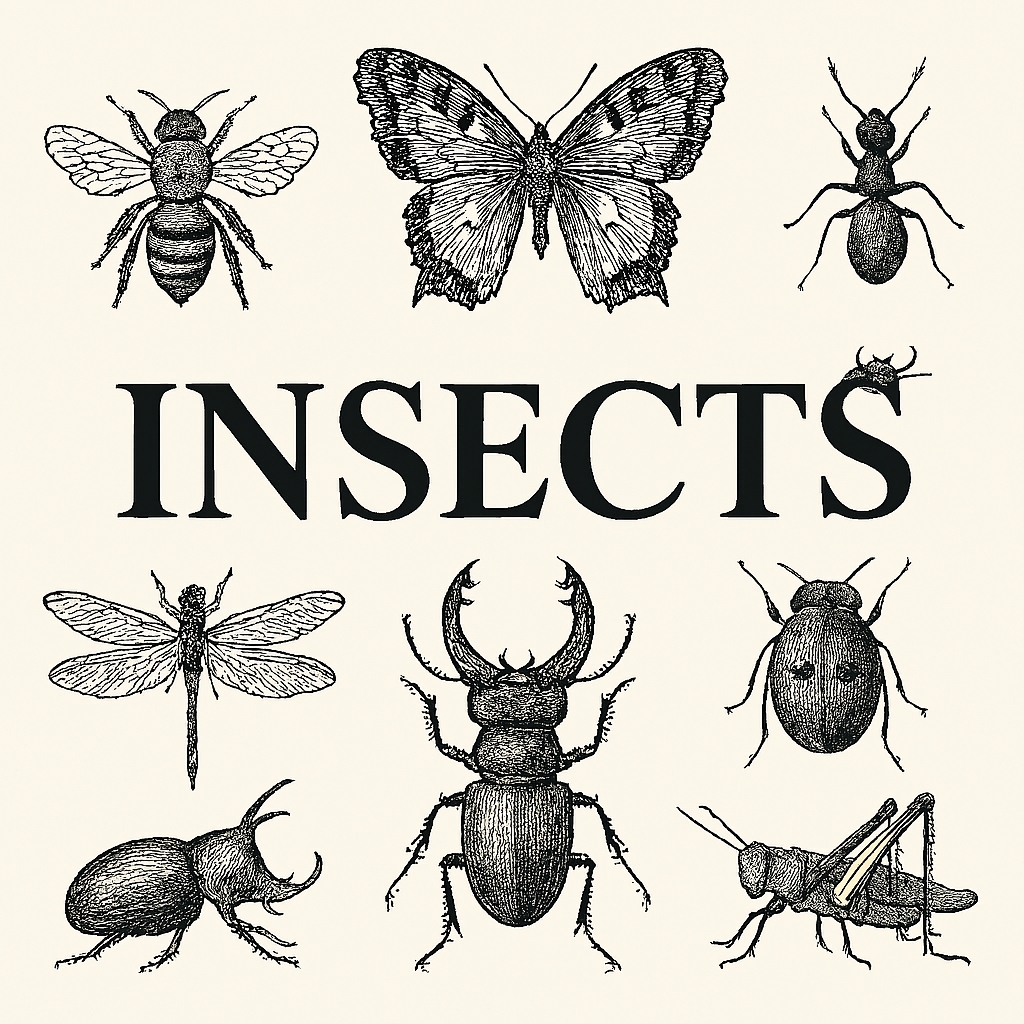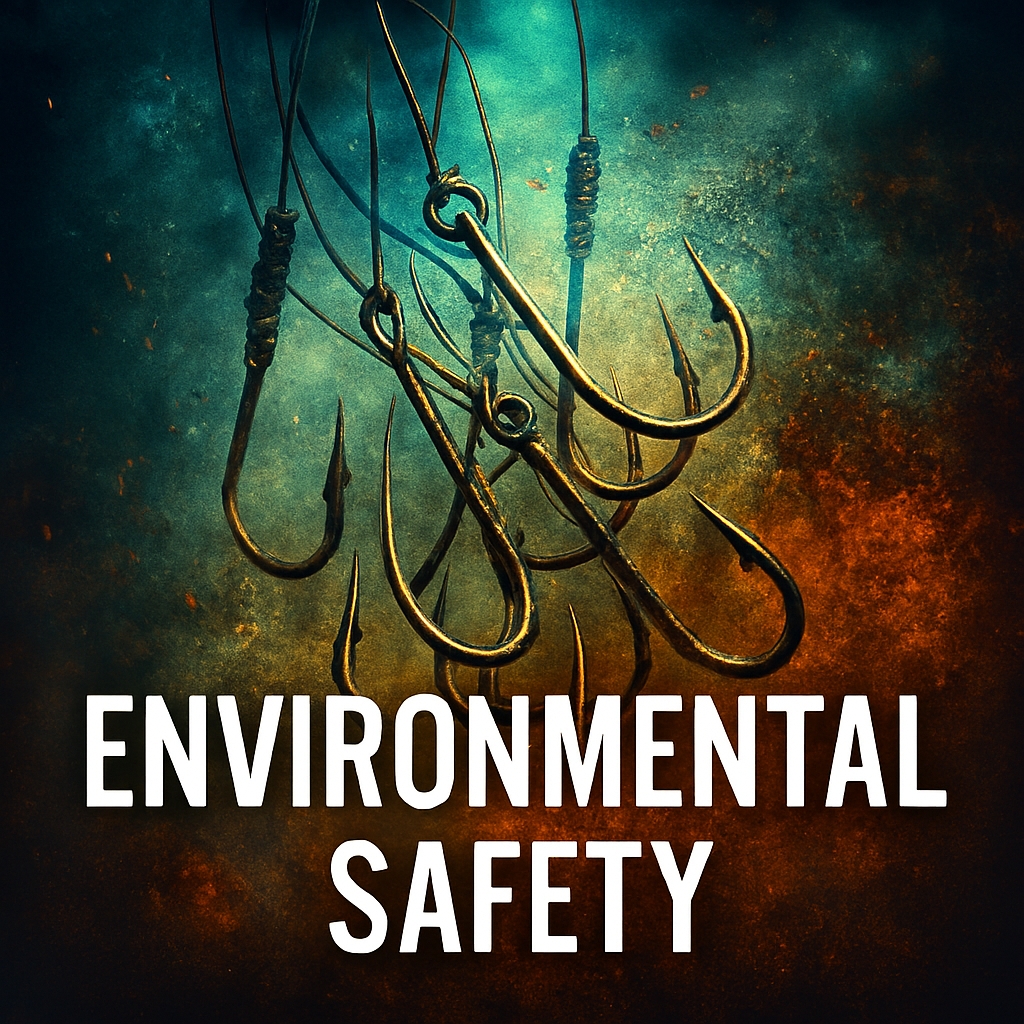The Imperative to Save Our Zoos: Why It Matters
Zoos, like Featherdale, play a crucial role in our society. They are not just places for entertainment, but they serve a much larger purpose. Here are some reasons why we need to save and support these institutions:
1. Conservation
Zoos play a vital long-term role in the conservation of wildlife in the park and outside. They provide a safe haven for endangered species and contribute to breeding programs aimed at preserving biodiversity. By supporting zoos, we are directly contributing to the survival of species that might otherwise become extinct.
2. Education
Zoos are living classrooms. They offer a unique opportunity for people, especially children, to learn about different species, their habitats, and the challenges they face. This knowledge can inspire the next generation of conservationists and animal lovers.
3. Research
Zoos are also centers for research. Scientists can study animals up close, gaining insights into their behavior, biology, and ecology. This research can inform conservation strategies and help us better understand our planet’s biodiversity.
4. Connection with Nature
In our increasingly urbanized world, zoos provide a vital connection to nature. They remind us of the beauty and diversity of the natural world and our responsibility to protect it.
5. Economic Impact
Zoos can have a significant economic impact on their local areas. They attract tourists nationally and internationally, create jobs in multiple areas, and stimulate local and national businesses. A thriving zoo can contribute to the economic health of a city or region.
The Patron Experience and Tourism Aspect of Zoos
Enriching the Visitor Experience
Zoos like Featherdale offer a unique experience for their patrons. Visitors get the opportunity to see a wide variety of animals up close, something that is not possible in the wild. They can watch the animals in their habitats, observe their behaviors, and sometimes even interact with them. This can be an exciting and enriching experience, especially for children.
Educational programs for groups and individuals and interactive exhibits further enhance the visitor experience and make long-term memories. Patrons can learn about different species, their habitats, and the challenges they face. They can participate in feeding sessions, attend talks by zookeepers, and take part in conservation programs. These experiences can leave a lasting impression and foster a love for animals and nature.
Boosting Tourism
Zoos also play a significant role in promoting tourism. They attract visitors from near and far, contributing to the local economy. Tourists who come to see the animals also spend money on accommodation, food, and other local attractions. This can lead to new opportunities internationally, job creation and economic growth.
Moreover, zoos can put a city on the map. A well-maintained zoo with a good reputation can become a major tourist attraction, drawing visitors from around the world. This can boost the city’s profile and lead to increased tourism.
Enhancing Mental Health Through Outdoors & Animals
Visiting zoos like Featherdale can also have a positive impact on mental health. Being in the presence of animals and nature can be a therapeutic experience, offering a much-needed break from the hustle and bustle of daily life.
Connection with Nature
The natural environment of a zoo provides a sense of calm and tranquility. The simple act of watching animals can be meditative, helping to reduce stress and anxiety. It allows visitors to disconnect from their worries and immerse themselves in the beauty of nature.
Animal Interaction
Interacting with animals has been shown to have numerous mental health benefits by many studies over many years including Charles Darwin. It can promote feelings of happiness and well-being, reduce feelings of loneliness, and even lower blood pressure. For children, these interactions can also help in developing empathy and compassion.
Physical Activity
A visit to the zoo also involves a fair amount of walking, which is a form of physical exercise. Exercise is known to boost mood and reduce symptoms of depression and anxiety. It also promotes better sleep, which is crucial for overall mental health.
Educational Satisfaction
Learning new things about animals and their habitats can provide a sense of satisfaction and achievement. This not only enhances knowledge but also boosts confidence and self-esteem.
Conclusion
In conclusion, a visit to the zoo is not just entertaining, but it can also be a mental health booster. It’s a place of difference where you can relax, learn, and connect with nature & animals. So, the next time you’re feeling stressed, why not plan a visit to Featherdale Zoo? It might just be the therapy and understanding you need!
Zoos offer a unique blend of entertainment, education, and conservation. They provide an enriching experience for their patrons and play a crucial role in promoting tourism. With the right support and investment, zoos like Featherdale can continue to delight visitors and contribute to the local economy. Let’s ensure that these valuable institutions get the recognition and support they deserve.
Zoos like Featherdale are super important & more than just attractions. They are pillars of conservation, education, research, and community. By supporting them, we are investing in our future – a future where people and nature thrive together. So let’s save our zoos, for they are much more than meets the eye.
#SaveOurZoos #Conservation #Education #MentalHealth #CommunityBuilding #Tourism #GovernmentSupport
Photograph by Mike Fernandes

















xberhljzny
Muchas gracias. ?Como puedo iniciar sesion?